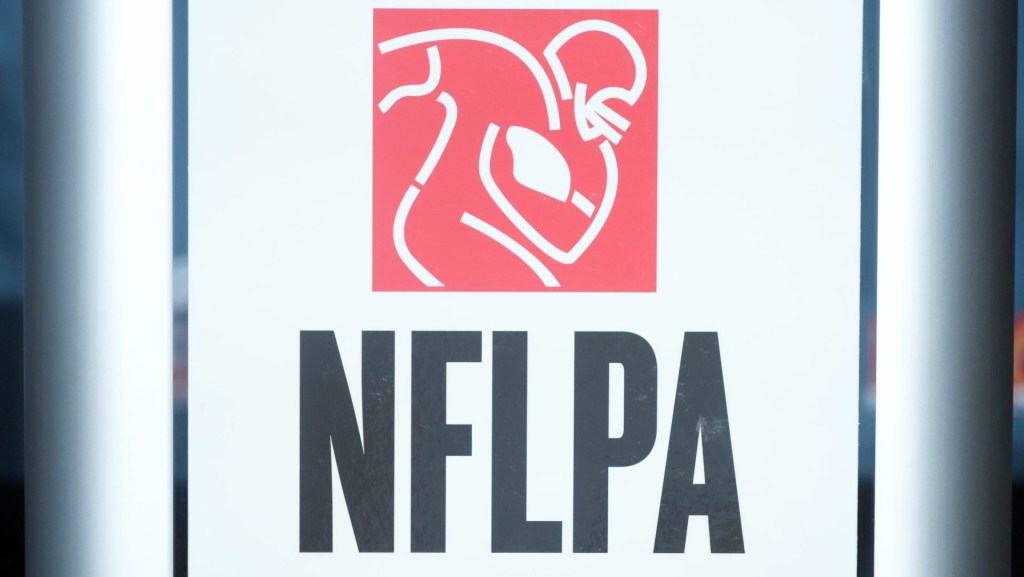After years of deliberation and months of more concerted debate, Major League Soccer’s Board of Governors has formally approved a historic shift of its calendar to the international fall-to-spring standard.
The change, taking effect in 2027, will see MLS abandon its existing spring-to-fall schedule after 30 years—something MLS itself is calling “one of the most significant developments in the league’s history.” The adjustment will match MLS with most of global soccer, including the Big Five European leagues of the U.K.’s Premier League, Spain’s LaLiga, Germany’s Bundesliga, Italy’s Serie A, and France’s Ligue 1.
MLS will also be able to participate more fully in the player transfer window, and it could help boost the league’s international standing commercially and competitively, one that has the league still trailing many of its European counterparts.
“Our owners are very committed to being one of the top leagues in the world, and being one of the few that isn’t [currently] aligned with the international calendar almost had an American exceptionalism, saying, ‘We’re going to play the game we want to play it,’ as opposed to the way the rest of the world plays it,” said MLS commissioner Don Garber following the BOG meeting in Palm Beach, Fla. “Even with an impact that could be disproportionate on one team over another, the great alignment that our teams have with each other won the day.
“There was overwhelming [club owner] support for this move. Overwhelming. Frankly, I think there was more support for this than I expected. That’s a positive, but it wasn’t necessary,” Garber said.
The approval Thursday follows a prior decision in July to table a vote on the shift, and a more preliminary vote in April to expand its exploration of the international standard.
Details of the Shift
Among the specifics of the pending change:
- The 2027–28 season will begin in mid-to-late July 2027, and then run to late May, very similar to how the top European leagues operate. There will be a winter break stretching from mid-December until early February.
- The adoption of the new schedule will be paired with a one-time use of a 14-game “sprint season” to bridge between the old calendar and the new one. That abbreviated transition campaign will run from February to May 2027.
- The move still needs approval from the MLS Players Association, but dialogue with the union has been ongoing.
- The schedule shift may be paired with additional adjustments to the league’s regular-season and postseason formats.
Unlike many other pro leagues that have a fairly unified climate, MLS has both the benefit and burden of an expensive geography that stretches across much of North America, and the league plays matches in both extreme cold and heat.
The planned winter break helps address the former, while a summer break in the new format will account for much of the latter. MLS also said it “intends to limit the number of home matches in northern markets during December and February.”
The schedule shift also moves its top games at the end of the playoffs out from competing with college and pro football, and into a window that is instead led by mid-stage postseason competition in the National Basketball Association and National Hockey League.
“This is an opportunity for us to eliminate the competition that we had for our playoffs, as they exist today in a very crowded time of the year,” Garber said.


![[Subscription Customers Only] Jun 15, 2025; Seattle, Washington, USA; Botafogo owner John Textor inside the stadium before the match during a group stage match of the 2025 FIFA Club World Cup at Lumen Field.](https://frontofficesports.com/wp-content/uploads/2026/02/USATSI_26465842_168416386_lowres-scaled.jpg?quality=100&w=1024)


![[Subscription Customers Only] Jul 13, 2025; East Rutherford, New Jersey, USA; Chelsea FC midfielder Cole Palmer (10) celebrates winning the final of the 2025 FIFA Club World Cup at MetLife Stadium](https://frontofficesports.com/wp-content/uploads/2026/02/USATSI_26636703-scaled-e1770932227605.jpg?quality=100&w=1024)











